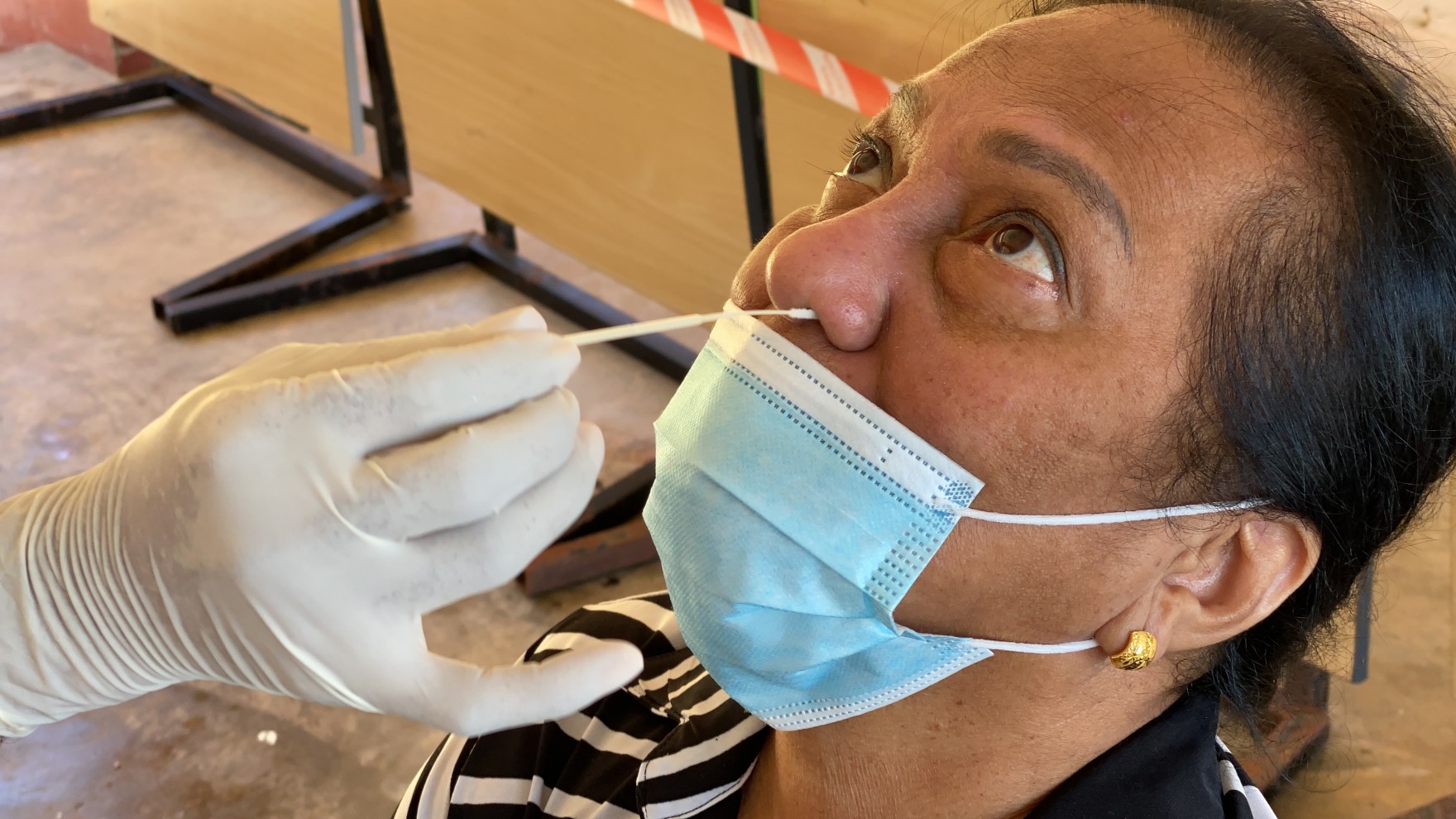New COVID cases, hospitalizations, and deaths have reached early fall levels across Washington as signs point to an improving situation. Although the number of tests given statewide has declined significantly, the positivity rate is at 3.9% indicates adequate testing. With the business world, the medical community, and citizens welcoming the improved situation, the data suggests the state has hit a plateau as more contagious variants are detected.
Several factors are receiving credit for improving the numbers over the last eight weeks. Washingtonians have high mask compliance, and the winter months move more people indoors. Improvements within long-term care facilities in nursing homes helped dramatically lower the number of infections and deaths over the last three months. Some models estimate that 25% of the population has had COVID since last year, reducing the number of people that can still be infected.
One thing not receiving credit for lowering the number of infections is the ongoing vaccination effort. The two-dose vaccine wouldn’t have taken hold until February, and not enough people have received vaccinations to make a statistical difference. That is a factor that should change over the next 60 to 90 days as Washington is now vaccinated 45,000 people daily.
Researchers and epidemiologists are concerned we could there could be a fourth spike this spring. COVID fatigue is battering mental health even for the resilient. Daylight Savings Time brings more people outside and into contact with each other in Washington, while shifting weather will move people into social activities.
Several new variants that are more contagious, including the United Kingdom B.1.1.7 and the South African B 1.351 mutations, have been detected in Washington. A new variant in Oregon that has combined modifications of both the U.K. and South African variant has raised researchers’ interest. Of these three, researchers predict the B.1.1.7 strain will be the dominant virus in the United States by summer. All three variants are more contagious. The South African variant has shown resistance to the Pfizer vaccine and specific treatments.
Despite most craving a return to normalcy, most experts agree we will still need to wear masks into 2022, even after vaccination. Until 70% of the country has been immunized or sickened, COVID will be a part of life. Also, mask-wearing reduces the number of infections, which also lowers the number of naturally occurring mutations.
